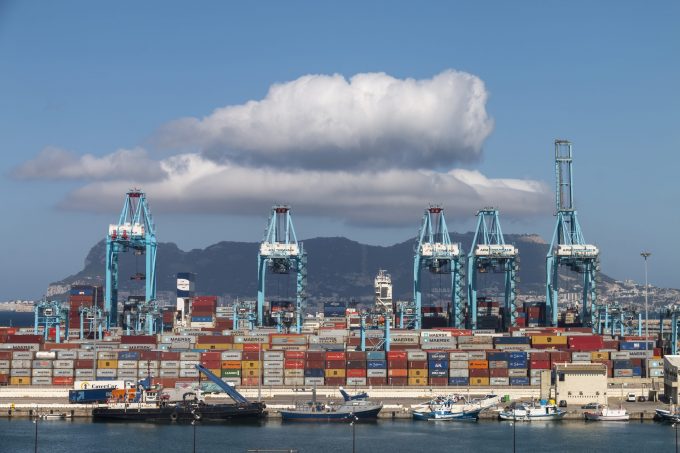Joachim Schaut appointed head of ocean for Europe at DB Schenker
DB Schenker has promoted Joachim Schaut to executive vice president, head of ocean for Europe. ...

Forwarders are focusing on building improved relationships with smaller container lines amid deteriorating relationships with the largest operators.
Speaking to The Loadstar, multiple forwarders said Covid-19 had “permanently” upended the balance of power between the two sides , with increasing digitalisation further ...

Comment on this article